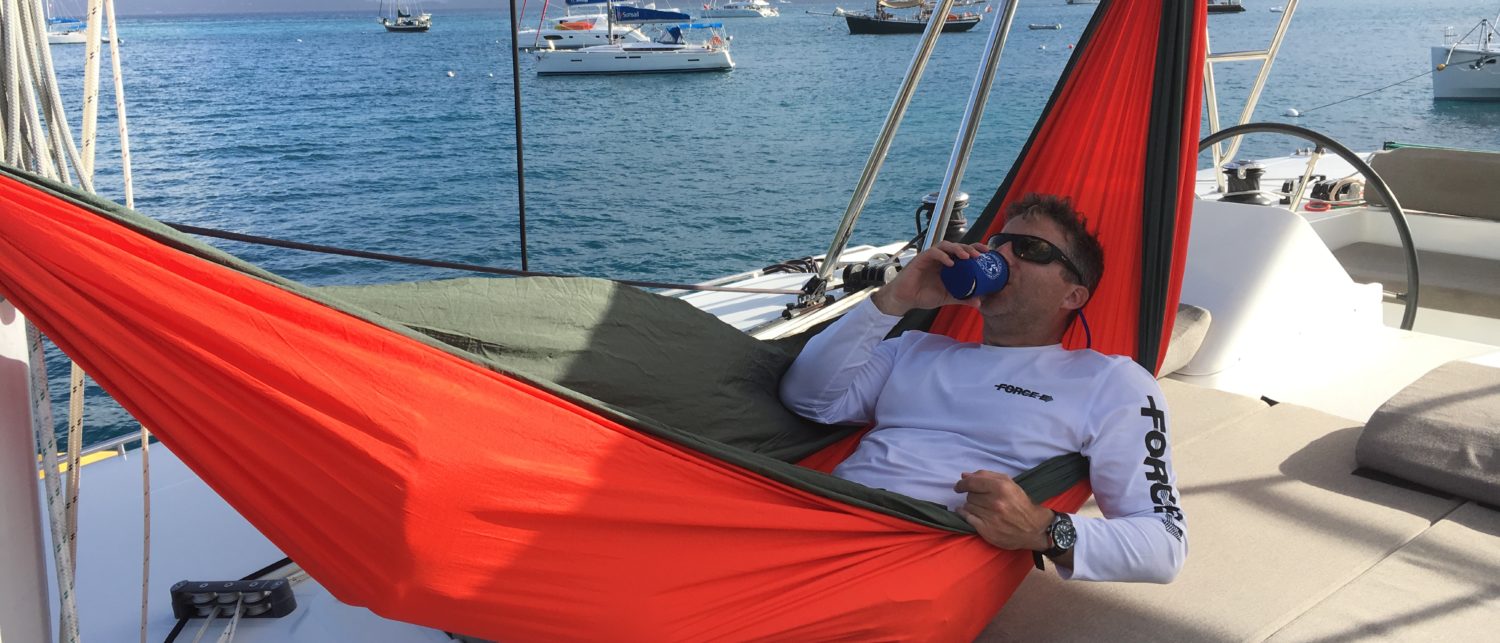I now have two more courses out of the way. They were both done as self study through the National Canada Power and Sail Squadrons office.
 The first one was Boating Essentials, which can be accomplished at one of the many CPS locations listed on their website, or via self study if you order the material from their online shop and challenge the exam through an approved invigilator.
The first one was Boating Essentials, which can be accomplished at one of the many CPS locations listed on their website, or via self study if you order the material from their online shop and challenge the exam through an approved invigilator.
From their website description the course material includes Boating Essentials Notes, Homework and Answers, Training Chart A, Chart 1 (a Canadian gov’t publication), Boating Desolation Sound Chartlet, Boating Essentials Student CD, and Chart Navigator CD, Aids to Navigation insert, Plotter, Plotting kit (toys!).
Subjects covered are as follows:
- The magnetic compass
-
Global positioning and charts
-
Navigation
-
Conning
-
Introduction to plotting
-
Plotting and labelling
-
Working with paper charts
-
Digital charting and chartplotting
-
Anchors and anchoring
-
Ropes/lines
-
Electrical hazards
-
Environmental responsibilities
-
Checklists
For me, this course was a refresher for most of the rules of the road and general boating “stuff” covered during the Pleasure Craft Operator Course (PCOC), along with an introduction to navigation and all that it entails. Since I had just recently done the PCOC and am a career helicopter pilot, the navigation stuff was fairly easy as I only need to modify my existing navigation knowledge from aviation charts and speeds to those applicable to a boat.
 The next course that I did immediately on completion of Boating Essentials was the Sail Course. Where the Boating Essentials course is listed on the CPS Courses website as an introductory course, the Sail Course is listed as an elective along with a few others. The other thing that I noted when the material arrived was that it is both a Canada Power and Sail Squadrons and United States Power Squadrons course. From the layout of the book, and the advertising on the back, it appears that the material originated from the US Power Sqns and was adopted by CPS. I’m not sure what the practical benefit will be in the end, but I assume it can only be to our advantage to have things recognized in more than one jurisdiction.
The next course that I did immediately on completion of Boating Essentials was the Sail Course. Where the Boating Essentials course is listed on the CPS Courses website as an introductory course, the Sail Course is listed as an elective along with a few others. The other thing that I noted when the material arrived was that it is both a Canada Power and Sail Squadrons and United States Power Squadrons course. From the layout of the book, and the advertising on the back, it appears that the material originated from the US Power Sqns and was adopted by CPS. I’m not sure what the practical benefit will be in the end, but I assume it can only be to our advantage to have things recognized in more than one jurisdiction.
From the CPS website, the Sailing Course covers the practical and theoretical basics of sailing and sailing seamanship. The range of topics is broad: from a description of different sailboat rigs, sail plans, hull types, and rigging to stability, balance, and the physics of sailing; from sailing at different points of sail to handling heavy weather and storm conditions; from spinnaker handling to reefing; from leaving the dock to mooring and anchoring. It also covers sailing safety, navigation rules, and sailing tactics.
This is where I stared to find out how much I didn’t know. While I have been around the water and boats most of my life, it was mainly centred around power boats and both Christa and I have only really been day sailing with a tour or a boat owner that we know taking care of everything.
The chapters covered the following:
- Sailboat Rigs
- Sail Plans and Sail Shape
- Boat Design and Hull Types
- Standing Rigging
- Running Rigging
- Stability and Balance
- Wind
- Tuning The Rig
- Steering and Helmsmanship
- Heavy Weather and Storms
- Marlinespike Seamanship
- Sailboat Racing
Since this was all new information to me, except for maybe a bit of wind knowledge, it took me longer to cover the material. As a result I was probably more deliberate in my studying and got a higher mark on this exam than the Boating Essentials course(!)
I already have the material for my next two courses: Maritime Radio, which I hope progresses fairly smoothly as I have talked on a radio most of my working life (albeit while airborne), and Seamanship, which looks like a natural evolution from Boating Essentials.
My aim is to complete these last two before we both head off for a learning/sailing vacation in Malta, likely some time in June. We’ll try to accomplish a Royal Yachting Association (RYA) accredited Day Skipper Course, which is what most of the charter companies will require you to have over here before letting you venture off with one of their vessels.
Now if Christa would just get started on her PCOC 🙄


Leave a Comment